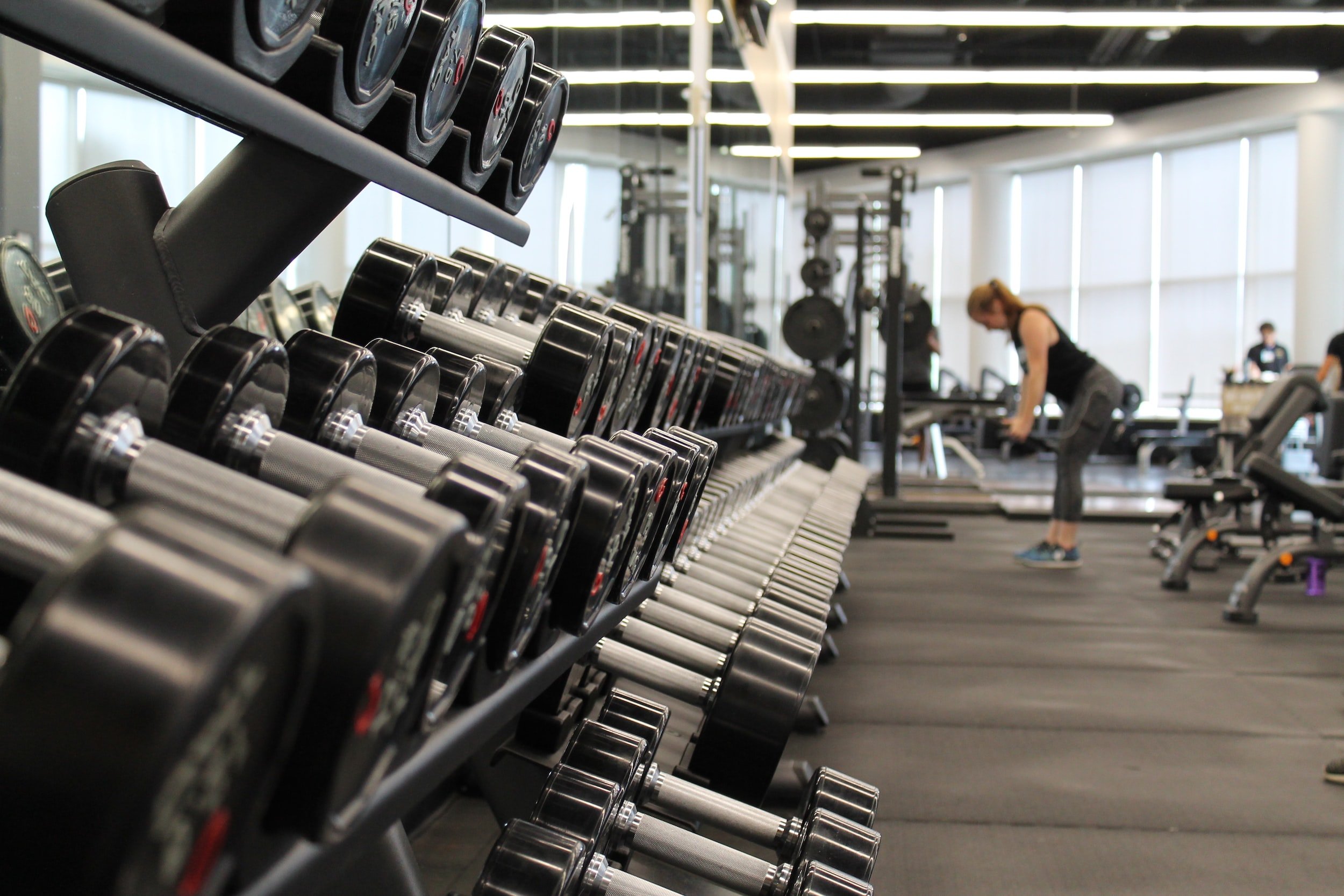
Gym Etiquette: A Barrier for New Exercisers
For the fitness professional, gym etiquette is something we likely don’t think about very often. It’s part of the standard operation for our members and us. But for new exercisers, this unspoken expectation of behavior can create barriers to participating in fitness environments. Etiquette may seem inconsequential to participation, but it is not. The knowing or not knowing of required actions in these spaces can drastically impact a new exerciser's feelings of self-efficacy and belonging.

Five Tips for Welcoming New Members to Your Gym in The New Year
The start of the New Year can be a very busy time for gyms and fitness facilities: We’re welcoming new participants while also supporting our current participants. As people feel inspired to adopt new habits and achieve new goals, they hope that your facility and programs are the answer- The place they can be successful. Here are five tips for creating an intentional experience that will support new members in their adherence to movement and increase retention for your business.

Five Ways Fitness Professionals Contribute to Gymtimidation
It's not a new idea that gyms and fitness spaces are not always a safe or welcoming place for everyone, specifically for someone new to exercise or returning to exercise. These participants may have feelings of fear, discomfort, judgment, shame, or just a general feeling of not belonging in fitness spaces. When trying to help people get past feelings of fear, coined Gymtimidation, the industry regularly takes the approach of helping the exerciser learn how to overcome it- rather than looking critically at the fitness experiences we are creating.

What is the Obsession with Push-Ups From the Toes?
A push-up is a push-up regardless of the lever length, orientation against gravity, or surface stability. Yet the industry has long considered push-ups from the toes the standard. It’s time to modify our thinking around this movement and encourage all participants to move their bodies without placing our outdated expectations on them.

Why you Should Skip the Traditional Fitness Assessment with your Personal Training Clients
Traditional physiological assessments have long been a key portion of a new client's initial consultation. While meant to gather data to assist in creating a custom exercise program, identify areas of health concerns based on national norms, and help set goals, they can also create discomfort, shame and fear. Reconsider your use of traditional physiological assessments in favor of enhancing the client's comfort, adherence, and overall experience.

Onboarding your Personal Training Client
The most important session you’ll have with your Personal Training client is the first session. The initial consultation, or client onboarding, sets the tone for the work you’ll do together, be that virtually or in person, it creates the foundation for a successful, respectful, and effective personal training experience. Make the most of the initial consultation with these tips.
